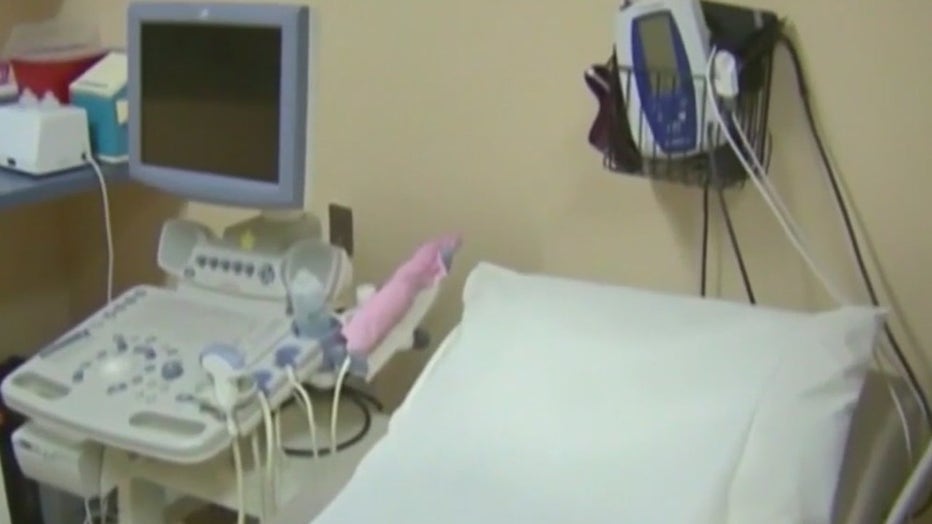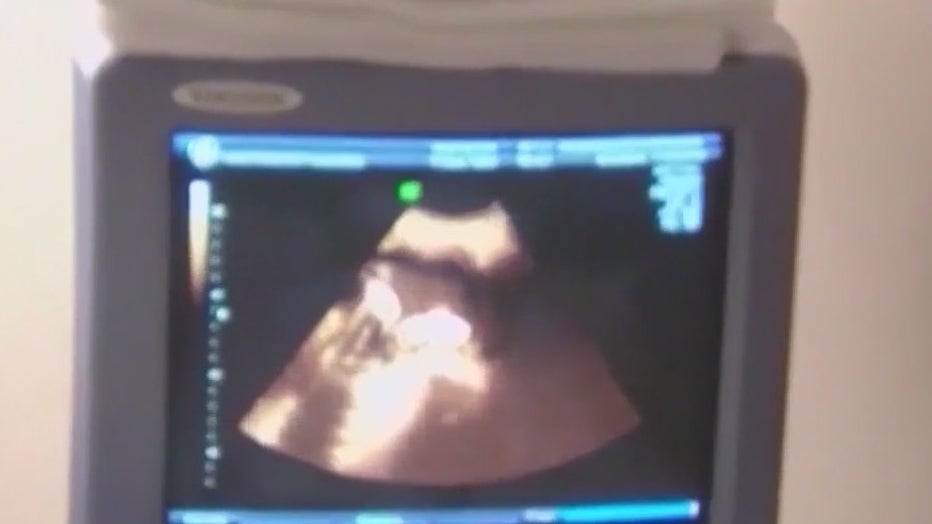Wisconsin 1849 abortion ban challenge: What to know

Wisconsin 1849 abortion ban challenge: What to know
It's expected to end up at the Wisconsin Supreme Court, but the challenge to Wisconsin's 1849 abortion ban begins Thursday. For now, it's in circuit court.
MADISON, Wis. - It's expected to end up at the Wisconsin Supreme Court, but the challenge to Wisconsin's 1849 abortion ban begins Thursday. For now, it's in circuit court.
Attorney General Josh Kaul argues two abortion laws in Wisconsin are creating confusion, so he's asking the court to rule the 1849 law is unenforceable. The three district attorneys he's suing say the case should be dismissed.
While protesters took signs and chants to the streets after a U.S. Supreme Court decision effectively restored Wisconsin's 1849 abortion ban, Kaul took the case to court.
"This law was passed well before women had the right to vote," said Kaul. "It was passed before the Civil War."

Kaul sued the district attorneys in Dane, Milwaukee and Sheboygan counties, where abortion clinics operated legally under Roe vs. Wade. He argues Wisconsin needs a clear answer on abortion law because the state actually has two conflicting laws on the books.
"And if you follow one and not the other, that means you are breaking one law and not the other," said Barbara Zabawa, UW-Milwaukee professor.
Kaul argues a law passed in 1985 allowing abortions until a fetus could reasonably survive outside the womb overrides the 1849 law which bans all abortions unless the mother's life is in danger.
Zabawa teaches health law.
"The existence of those two laws, of course, creates a lot of confusion, and I am completely on board with clearing up that confusion," said Zabawa.

In motions to dismiss, the three district attorneys say Kaul lacks standing because the law has not personally harmed him.
That motion will be the subject of arguments Thursday as advocates on both sides wait anxiously.
"We anticipate that tomorrow will just be the first step in a long legal process, so truthfully, don't expect any big decisions to be made," said Gracie Skogman, Wisconsin Right to Life.
Those arguments begin at 10 a.m. in Dane County.
SIGN UP TODAY: Get daily headlines, breaking news emails from FOX6 News
The attorney general is expected to take questions from the press following the hearing.

